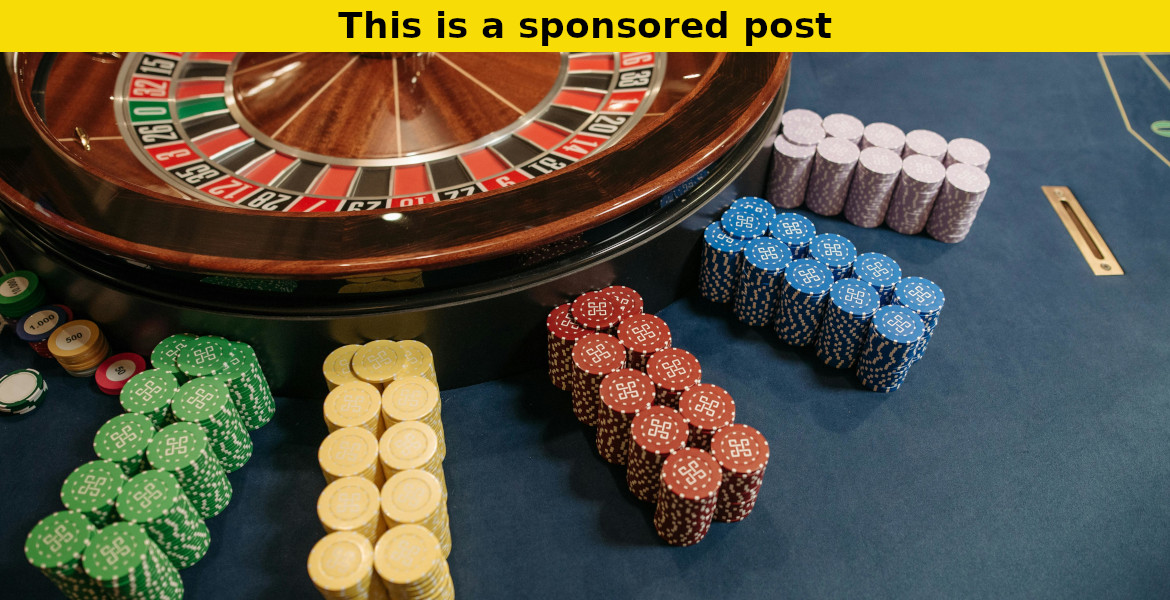The Finnish gambling market is undergoing a major transformation, as the old monopoly system is being abandoned. It will be replaced by an open licensing system, meaning that the Finnish gambling market will also be opened to other operators.
The Finnish gambling reform is scheduled to come into effect in 2026, but many industry experts have estimated that the reform will be delayed by at least a year.
The gambling legislation reform will significantly impact gambling marketing, responsible gaming, and available promotions.
The current state of gambling in Finland
Currently, Finland operates under a so-called monopoly system when it comes to gambling. This means that only the state-owned Veikkaus is allowed to offer gambling services in Finland. In practice, this means that the state is responsible for the gambling market.
The purpose of the monopoly system is to keep the control of gambling entirely in the hands of the state. A key part of this system is that a significant portion of Veikkaus’s profits is distributed to support domestic culture and sports.
Veikkaus’s monopoly system has also meant that the Finnish gambling market has been closed to external operators.
However, Finnish players have been allowed to gamble at foreign casinos, even though advertising these services is not permitted in Finland. Sites like kaikkinettikasinot.fi list casino options available to Finnish players. Online casinos operating from Malta and Estonia are particularly popular among Finnish players.
Reasons for reform
Even though the state has tried to keep gambling under its control in Finland, Veikkaus has clearly lost market share in recent years. According to the most extreme estimates, already half of the euros gambled by Finns end up at online casinos other than Veikkaus.
There are several reasons for Veikkaus’s declining market share. Over the past decade, Veikkaus has fallen behind in terms of game selection, RTP rates, and casino bonuses.
Especially casino bonuses have encouraged Finns to choose other gambling sites over Veikkaus. Veikkaus does not offer any casino bonuses, whereas MGA-licensed casinos, for example, can offer new players thousands of euros bonus money and free spins.
Veikkaus has tried to fight back and maintain its monopoly position. One method has been blocking money transfers to foreign casinos, meaning Finnish banks have preventing Finns from depositing money to foreign gambling companies.
However, Veikkaus’s attempts to combat the foreign gambling market have proven so challenging that the old system is now being completely abandoned. In the future, the state can collect revenue in the form of license fees and taxes.
Proposed changes in the reform
The reform of the gambling legislation will impact the Finnish gambling market in many ways. The most significant change will concern online casino games, as this market will open to external operators.
In the future, international gambling companies will be able to apply for a Finnish license to offer online casino games to Finnish players. Thus, licensed casinos in Finland will be able to genuinely target their services to Finnish players, which has not been possible until now.
The requirements for companies applying for a license will be stringent. It is expected that companies will be required to take major measures in the area of responsible gambling. Additionally, it is already quite certain that gambling companies will not be allowed to offer any bonuses to Finnish players that encourage gambling.
Obtaining a license will not be easy, and the costs for gambling operators are expected to be high. It is anticipated that, at least initially, only the largest operators in the industry will apply for a Finnish license.
For now, many other forms of gambling will remain under the control of Veikkaus. Traditional gambling forms, such as scratch cards, slot machines, and the Casino Helsinki, will remain entirely under Veikkaus’s control and will not be opened to open competition.
Impact on the gambling market
The reform of Finland’s gambling legislation has been eagerly anticipated by global gambling operators for a long time. Finland is already an important market for many operators, even though offering games to Finnish players has been in a gray area until now.
For Finnish players, the open licensing system has both advantages and disadvantages. The good news is that in the future, Finns will be able to play on genuinely Finnish casinos, whose operations are monitored by a domestic authority.
The downside is that due to Finland’s strict regulations, bonuses and other incentives will not be available. There will also be strict loss limits, so for active casino players, the Finnish license may prove to be a disappointment.Due to the aforementioned factors, it is possible that a so-called black market will develop alongside the official Finnish gambling market. In practice, this means foreign online casinos that continue to attract players with bonuses and other benefits.
Ensuring responsible gambling
One of the main reasons for the existence of Veikkaus has been to ensure responsible gambling. In Finland, the aim is to keep gambling under control to prevent gambling issues. For example now, playing Veikkaus games is not possible without strong identification.
Ensuring responsible gambling will also be one of the biggest factors in Finland’s new open licensing system. Casinos operating under the Finnish license will have to follow strict rules on how much players can be allowed to gamble. Players will have access to a significant range of responsible gambling tools.
The perspective of responsible gambling will also be present in Finland’s licensing system, especially in terms of marketing. The marketing of casino games in Finland will be strictly regulated, and there has been discussion about whether gambling can be advertised at sports events that involve minors.








